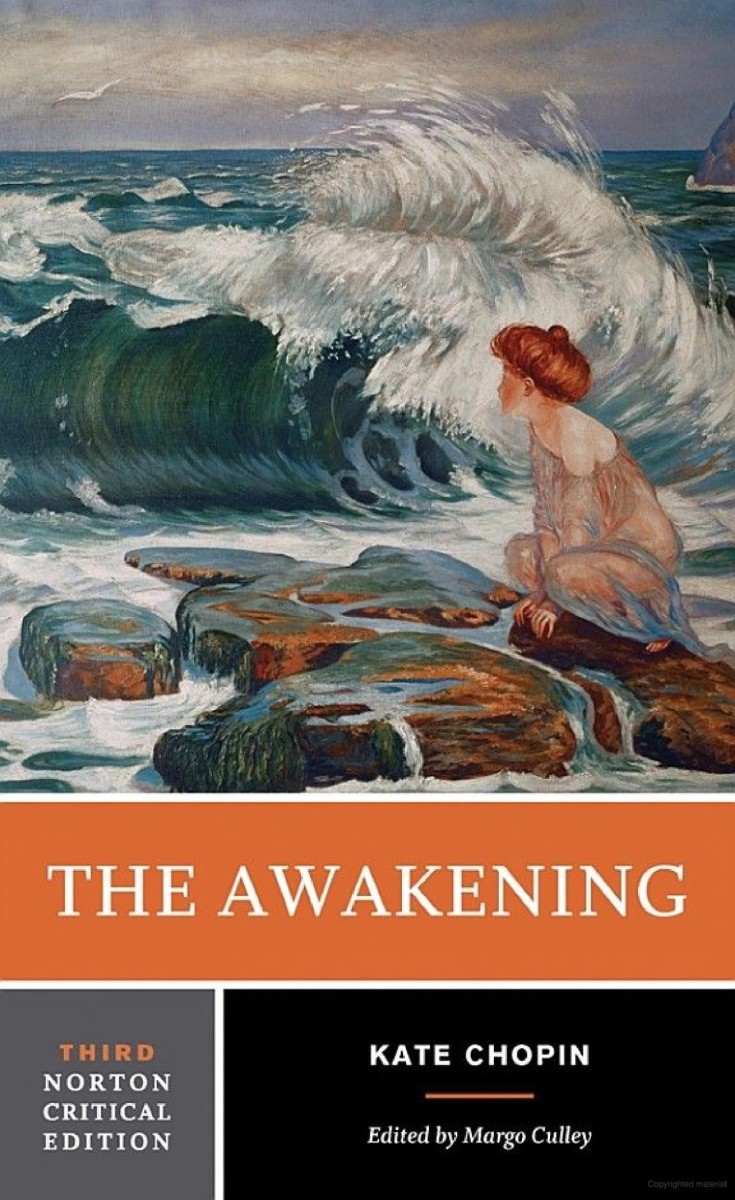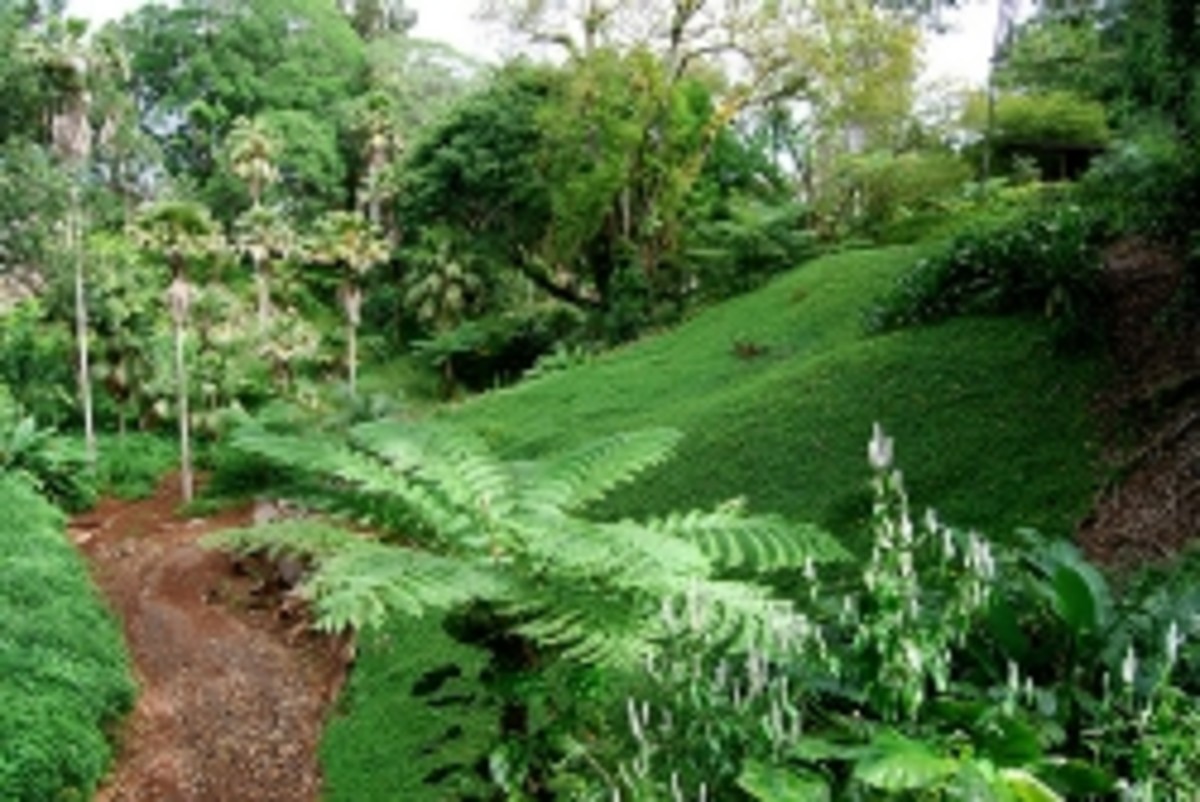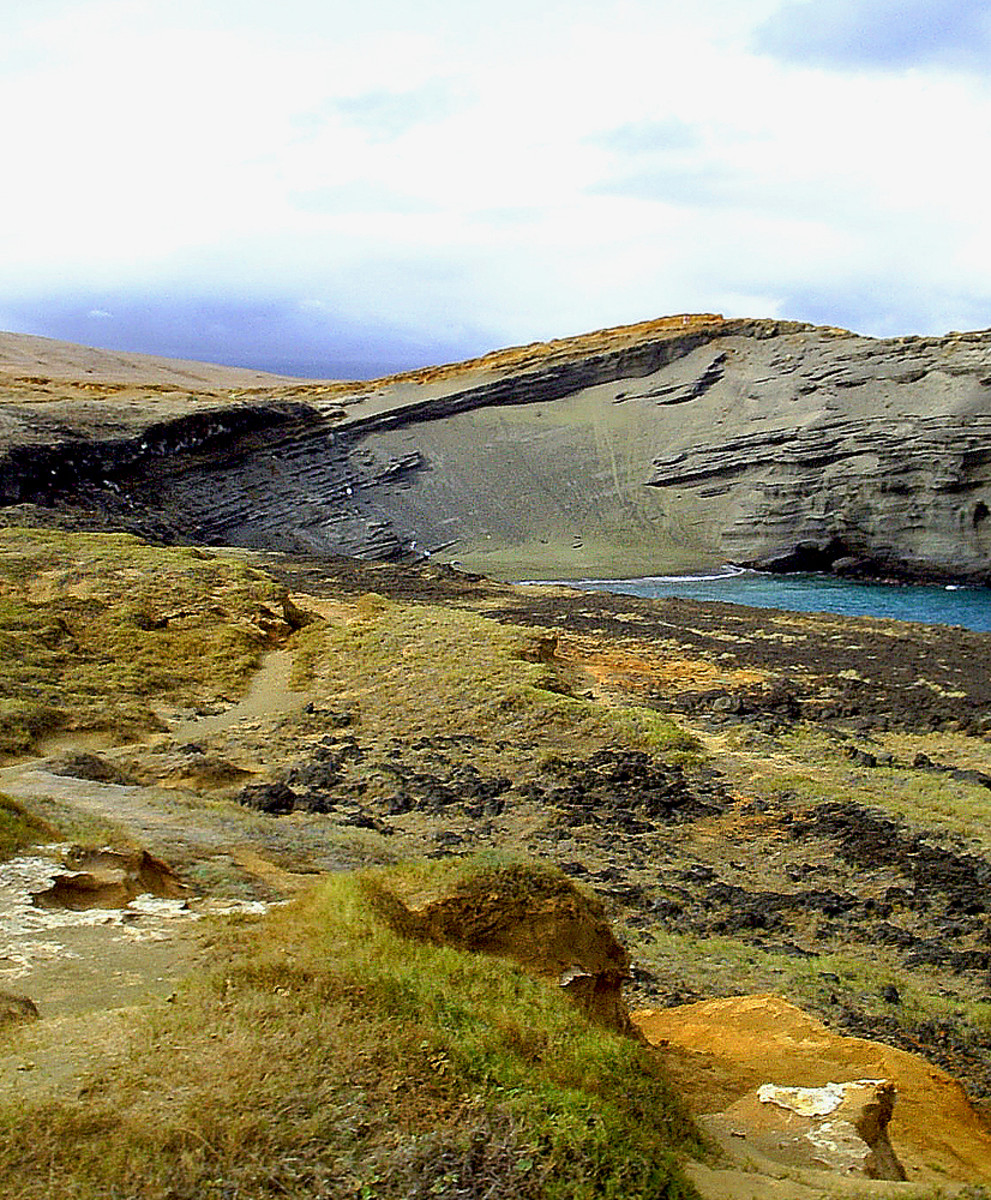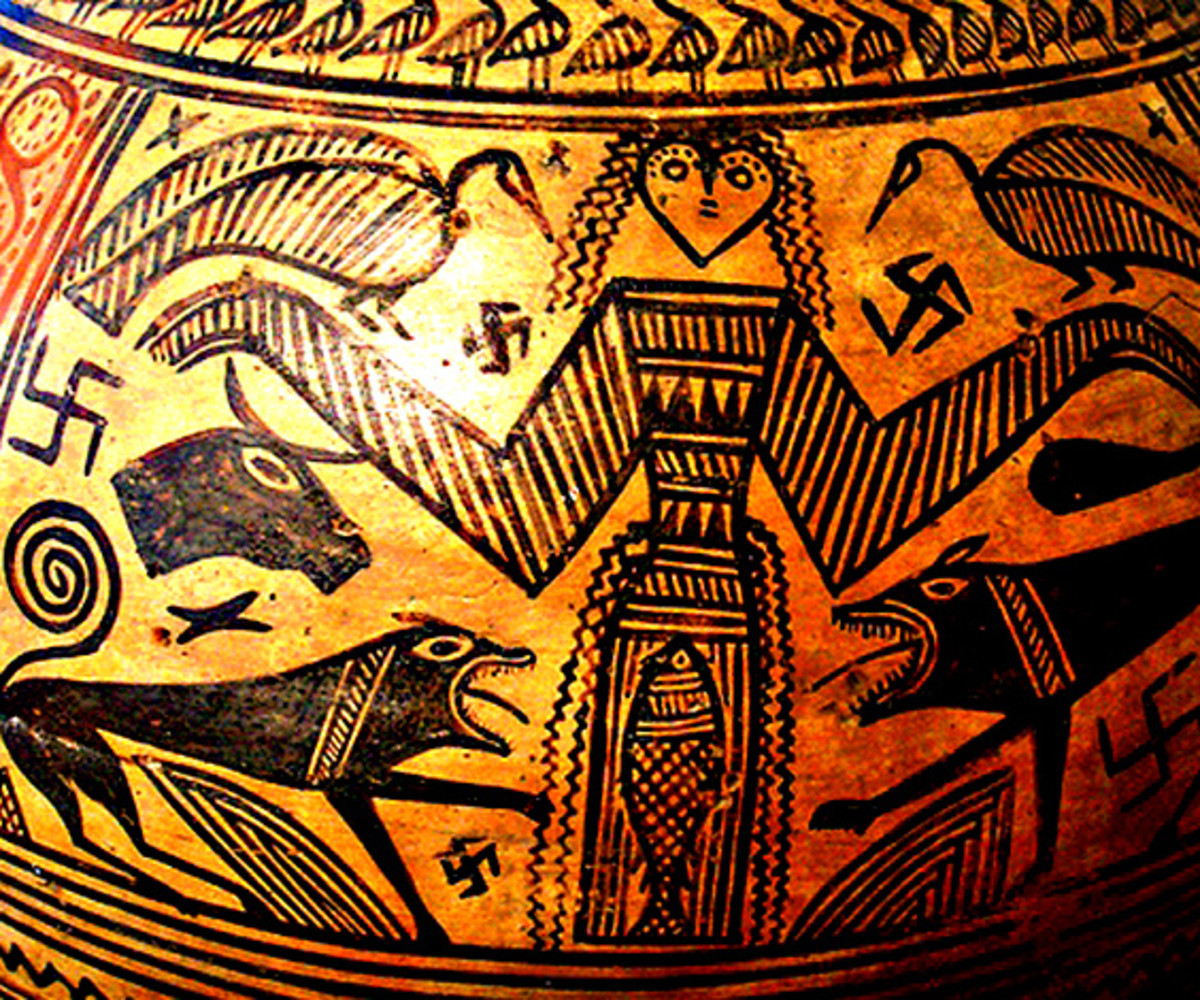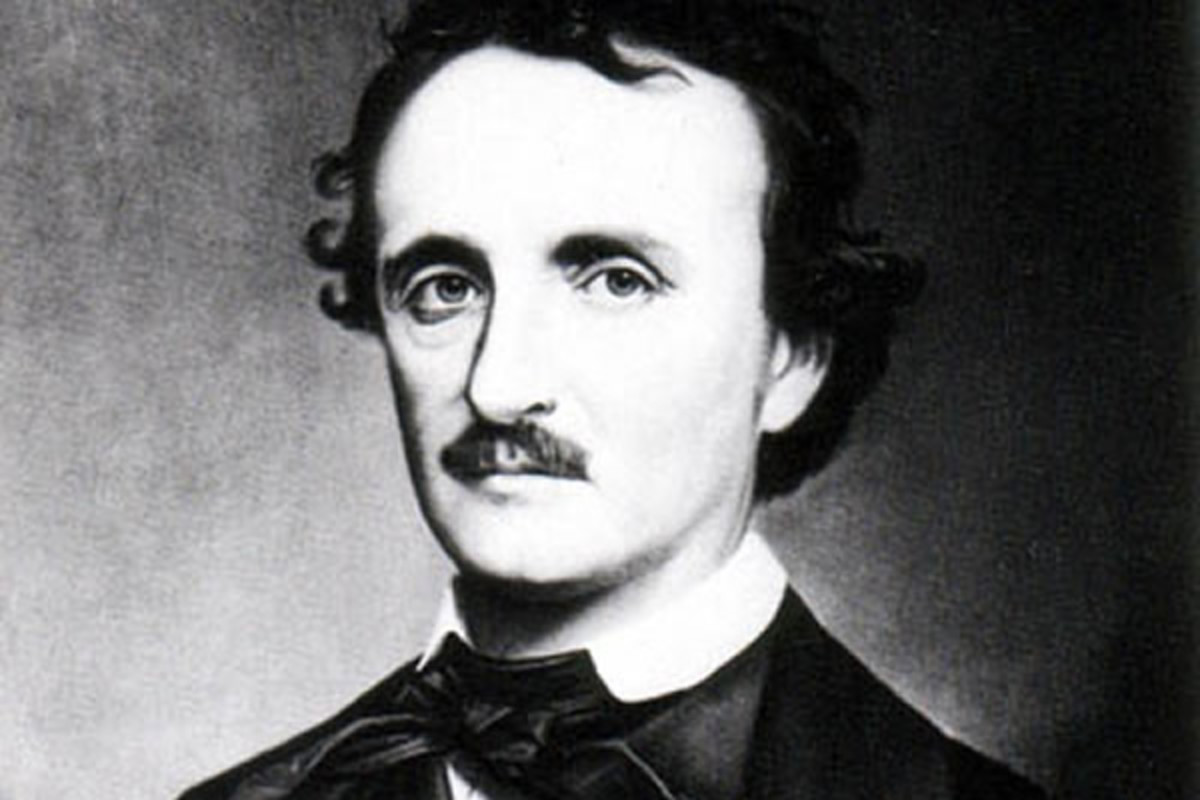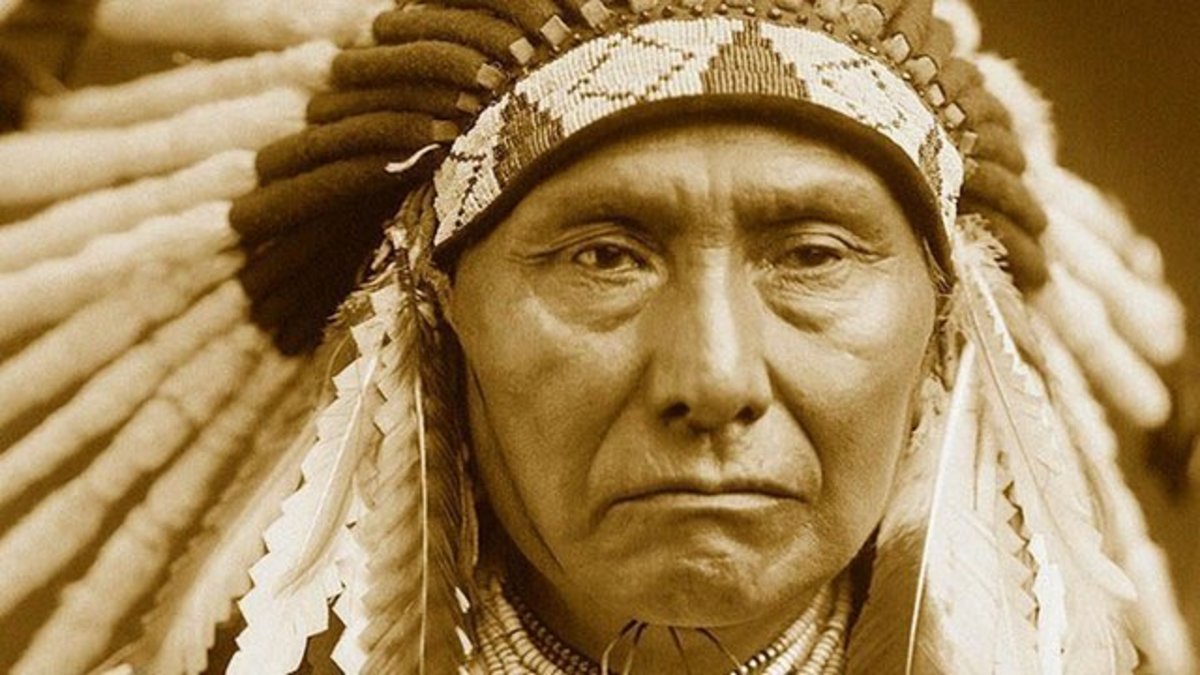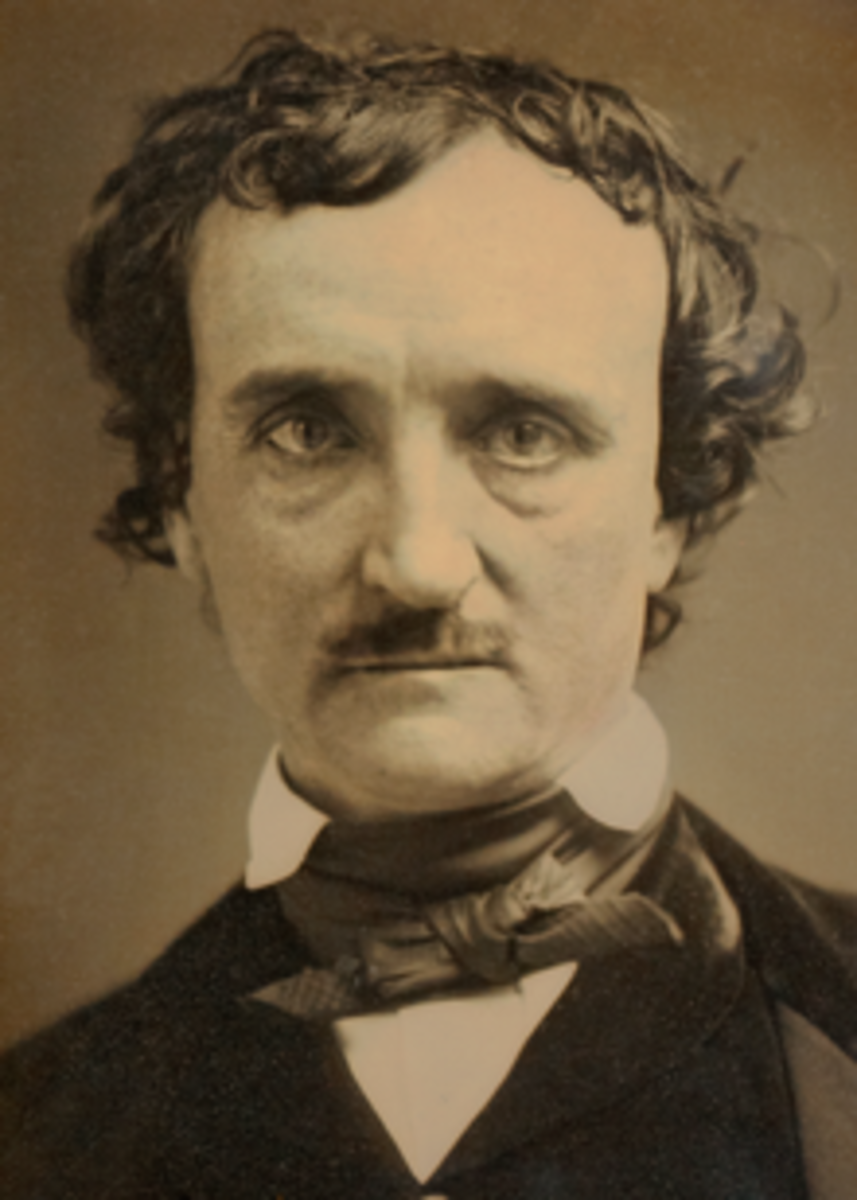"The Signature of All Things" by Elizabeth Gilbert
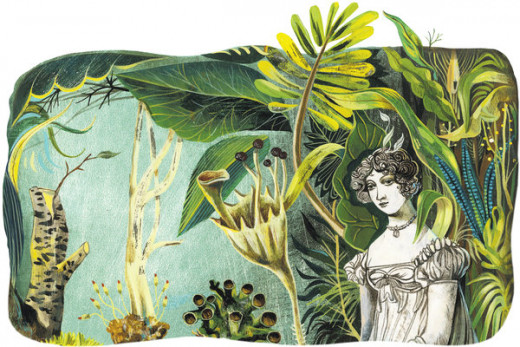
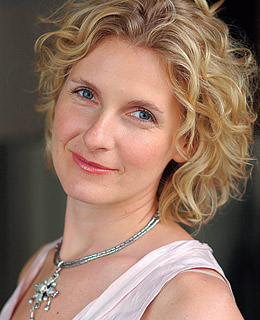
The Signature of All Things was written by Elizabeth Gilbert and is her most ambitious fiction novel to date. You will remember Gilbert as the author of the New York Times Best Seller, Eat, Pray, Love, her hugely popular memoir of her year traveling around the world following her acrimonious divorce from her first husband.
Gilbert took on the world alone to find herself and to find solace after the divorce. She ate in Italy which is a great place to do that, she prayed in India at an ashram, or more precisely tried to meditate, in which India is the place to do that, and she fell in love in Bali, a beautiful tropical island in Indonesia, and a great place to do that.
Her current husband is "that Brazilian guy" from Eat Pray Love and she is now living in Frenchtown, NJ with her Brazilian husband writing and running a large imports store called Two Buttons.
Gilbert has been reading voraciously since childhood and writing since college and today continues to write. I have just finished reading her most recent novel, The Signature of All Things.
I have also read her memoir, Eat, Pray, Love and this newest novel is quite different. While Eat, Pray, Love reads like a personal journal or diary of her adventures in the world - very light, sassy, and funny, The Signature of All Things, is a completely different writing genre.
It is publicized as a neo-19th century novel and although the writing is modern and accessible, it has the feel of a novel from times past. It has the feel of a Dickens novel which helps to give the readers the feeling that they are plopped down right there in the 19th century. Gilbert is a "straight-up" storyteller in this fiction novel and a great storyteller at that. I enjoyed reading this novel.
While Gilbert was finding herself in her memoir by traveling around the world, her protagonist, Alma Whittaker, also finds herself by traveling around the world, the 19th century world, in this novel. But, Alma's trip comes later in her life around the age of fifty, which is much later in life than Gilbert took her own trip.

Gilbert's writings
Pilgrims 1997
Stern Men 2000
The Last American Man 2002
Eat Pray Love 2006
Committed 2010
The Signature of All Things 2013
"The Signature of All Things"
This novel is the story of Alma Whittaker, the unmarried daughter of Henry Whittaker, a botanist and botanical pharmaceutical businessman.
Alma is born in 1800 to the wealthiest man in Philadelphia, Pennsylvania on the White Acre Estate, which is full of botanical gardens and greenhouses to house the many American and foreign plants Whittaker has acquired over the years from his travels around the world.
The first quarter of the novel, tells the background of Henry Whittaker, a plant thief from England, whose punishment is to be sent on the voyages of Captain Cook to find South Sea island plants to bring back to Mother England.
He is of low birth but of high ambition, and when he realizes his low birth will hold him back from ever becoming a member of the Royal Botanical Gardens in Kew, he takes off for America, with a Dutch wife in tow, and arrives in Philadelphia in 1793.
Alma, the couple's only daughter is born in 1800 and is groomed by her parents to be their intellectual equal and a botanist scientist also. White Acre is Alma's world and plants are her only friends. She is educated at home by her no nonsense Dutch mother and leads a sheltered life.
At a very young age she is encouraged by her father to join them at dinner parties where the guests are the great botanists of the 1800's. She is encouraged by her parents to speak her mind and be part of the conversation and she learns much about plants, botany and adults from these dinners.
Her mother and father see that Alma is the intellectual equal to these adults, which sets her apart from girls her own age. In fact, she has no competition at all, until her parents adopt an orphaned girl, Prudence, who becomes her sister. The girls, however, are quite different in looks and temperament.
While Alma is big boned and plain looking, from her English father and Dutch mother, with wild red-hair that refuses to be tamed, Alma certainly is not considered pretty. Her new sister, Prudence, is small boned, beautiful and with lovely golden hair. The two girls could not be more different.
Where Alma is intellectual and outgoing, Prudence is of average intelligence and reserved. The two girls grow up with an armed truce between them. As adults, their lives take completely different paths and directions.
Alma, growing up on this botanical estate, remains unmarried, although Prudence and a friend of hers marry, and Alma begins a long career as a taxonomist. She develops a specific passion for different kinds of mosses and how they grow and reproduce.
Although Alma is unmarried, her moss passion and other botanical pursuits keep her busy and content. She makes a bit of a name for herself as she publishes papers of her botany research in journals. She signs her name simply as A. Whittaker so as not to offend the sensibilities of the men in this area of science.
Finally, at the age of 48, Alma finds love, or so she thinks she has, in Ambrose Pierce a painter and lithographer of botanical drawings, specifically orchids. They are the most beautiful paintings of any botanical artist in the world and Alma invites him to the White Acre Estate to meet him.
They form a strong friendship bond and work together on the Whittaker botanical estate; Alma continuing with her moss research and Ambrose, making drawings of the different botanical plants on the estate.
The two finally marry and it is the most unusual marriage ever found in literature. Because of the great "misunderstandings" when entering into the marriage, Ambrose is banished to Tahiti by Alma to run the vanilla bean farm the Whittakers own on the island.
Several years later when Alma learns of Ambrose's death, she is compelled to go to Tahiti to try to understand Ambrose, herself, and her 'marriage.' Alma may be be intellectually intelligent and know her plants but she knows nothing about life until she learns of it in Tahiti.
The name Alma means soul in Latin. On her trip to Tahiti, Alma is searching for her soul and her truth, both about herself, Ambrose and her marriage and also the truth scientifically, which she does find by the end of the novel.
Alma also represents the soul of White Acre Estate and the soul of her botanical research and findings, which unlike her father, is free of the shadow of thievery that has always hung over her father.
Alma learns that life is difficult in Tahiti and competition is harsh and constant. "Anything less than a fight for endurance is a refusal of the great covenant of life." She learns the key to living life and finding success in life is to endure.
While on the island, Alma ultimately learns and comes to the same conclusions about the evolution of life as Darwin, her contemporary, does. But, Alma takes it a step further than Darwin did at the time. She applies what she has learned to man's creation as well as to her mosses and to Darwin's finches on Galapagos Island.
Alma calls her findings, the "Theory of Competitive Alteration" and it is the same as Darwin's "natural selection" and "survival of the fittest." But, Alma doesn't know of Darwin's study and research yet.
When Alma finds the answers to the question she has sought - her own Enlightenment - Alma leaves Tahiti, but does not return to White Acre. She has outgrown that now and her sister Prudence is running the estate after her father's death.
Alma lands and settles in the Netherlands, at the home of her mother, the van Deventers. Here she passionately writes her thesis, the "Theory of Competitive Alteration," but never does publish it because she sees a hole in her research.
Although she believes in "survival of the fittest" how does she explain people of altruistic personalities like her sister Prudence? How does one explain the fireman that gives his life to save a child in a fire? How does one explain the soldier who dies to save his buddies?
Through the meeting and conversation with another scientist who also believes in Darwin's theory, Alma is able to come full circle and appreciate her own scientific findings and her own life, as unusual as it has been. Alma has lived a fulfilled life and has endured.
***
Gilbert has done her research for this novel. She has studied the plants and the mosses she writes about. She has visited the Royal Botanical Gardens in Kew in England to get the feel for a botanical estate and the history behind the botanical gardens of the 18th and 19th century. She read an old leather bound book at home where she grew up about Captain Cook and his voyages to the South Seas. She studied Darwin's theories. So she knows of what she writes.
I found this novel to be fascinating and I could understand Alma's intellectual and passionate love of plants and botany. She is a strong woman who comes to terms with her own strengths and weaknesses and finallly comes to terms with her own world as well.
The first quarter of the book about her father's nefarious background in England as a plant thief, his travel around the world, and finally establishing his own estate in America I found was a bit boring and hard to get through. Several times I questioned, why was I reading this novel at all?
But, I endured, and finally when the book shifted to Alma's birth and her life on the estate, it became much more interesting. It really kicked up a notch when Ambrose arrived and Alma discovering her relationship with him and to the end of the novel was quite the page turner. I couldn't put the novel down.
Alma's time on Tahiti is the climax of the novel and the most interesting because this is where she makes her discoveries about herself, Ambrose, and her life in general. She also learns, by observing the Tahitian people and embracing their culture, her scientific discoveries of the evolution of man and "survival of the fittest."
The rest of the novel is her coming to terms with her discovery and realizing even though she is a woman, she was on the same intellectual level as Darwin. They both had come to the same discoveries about the evolution of the world and man, but through different processes.
Writing this novel as a 19th century writer and novel is a definite change for Gilbert from her previous writings. She is an excellent story teller in this fiction tale and for most of the novel, engages the reader. The ending is quiet and sublime - sort of how Alma has progressed as a person and a woman in this novel. As a character, Alma definitely changes from the beginning to the end of this novel. And, the change is for the better.
Alma, the scientist, finally finds her soul.
Note: Don't miss the video below in which Elizabeth Gilbert explains how she came to write this fascinating novel. She also explains from where the title of her novel comes.
And be sure to watch the second video in which Gilbert gives her thoughts on writing in general and the elusive creative genius writers have.
Update: April 21, 2015. Elizabeth Gilbert has just announced that PBS' Masterpiece has picked up The Signature of All Things, for a multi-series production. She will let us know when it will appear. Can't wait to see this novel brought to life!
Gilbert explains her novel
Gilbert's thoughts on writing and "having a genius."
Other contemporary book reviews
- "The Giver" by Lois Lowry
When I taught eighth grade Language Arts at an inner city middle school, one of the most interesting novels I taught was The Giver by Lois Lowry. Before The Hunger Games, before Twilight, came the first original dystopian novel written by Lois Lowry. - "The Book Thief" by Markus Zusak, an Australian novelist
A young girl's relationship with words, books and stories helps to empower her to survive Nazi Germany during WWII. - 'The Infatuations' by Spanish novelist Javier Marias
Spanish author, Javier Marias and his bestselling novel, 'The Infatuations.' Another very intense, complex, witty, urbane and perceptive writer is Spanish novelist, Javier Marias, a contemporary writer and author of many novels. His most recent... - Two Novels : Same themes - book reviews
"The Dinner" and" Defending Jacob" are two novels, written by two different authors, with similar themes running through them that present moral dilemmas that will shock and awe you at the end.
© 2013 Suzette Walker

